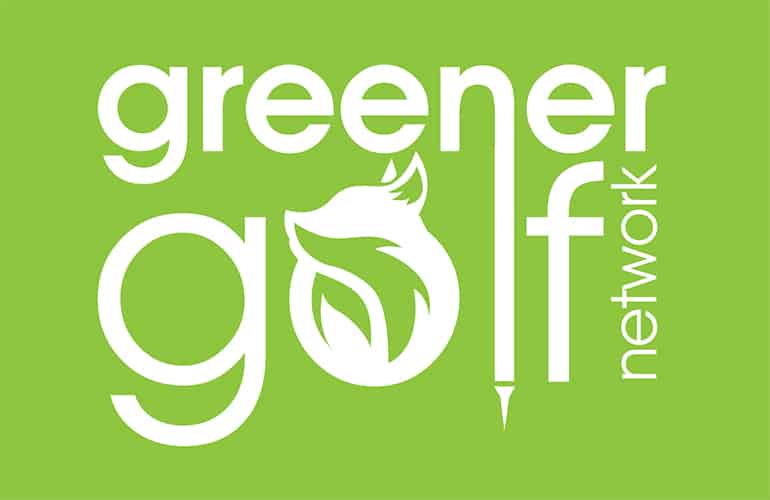Going Green
at Longcliffe Golf Club
One club’s recent story of its environmental journey
Long before the “green agenda” became a popular cause Longcliffe Golf Club was thinking “environmentally”. However, this was not entirely altruistic because “going green” can sometimes make financial sense as well as being good for the environment. For example:
- In 2013 we installed 2 x Ankazan wood pellet-fired hot water boilers. These supply all the hot water to the club house and the changing rooms. The cost of installation was recouped in 5 years and our energy costs are considerably reduced though there is a cost for the wood pellets.
- Also, in 2013 we installed 76 x JA Solar 250W panels with a rated capacity of 19Kw. It has taken just about 9 years to recoup the installation costs but during that time we have had the benefit of the free electricity generated by the panels thus reducing our energy bill and, from now on, the system will, in addition to producing free electricity, generate an income for the Club.
- Until about two years ago we had a “reed-bed” sewage system. However, this was no longer working efficiently and so it was replaced with a wastewater treatment system -the MATRIX CLF by Clenviro Ltd. This system has a primary settlement tank, a biological filtration zone and a final settlement zone all within a single structure. As a consequence, the Club is not connected to the main sewage/drainage system.
- We currently have a borehole for course water but the Club recognises that as springs and summers become drier the borehole will not be able to supply the water we need to keep the course irrigated. So, our next big project will be to construct a water storage facility on the course where rain-water can be collected and stored. This will be expensive, but the Directors recognise that improved irrigation is essential to the maintenance and improvement of the course.
The Club is now pursuing a green agenda. One of the 7 Directors has an environmental/ecology brief. The Club has formally adopted an environmental policy which can be found on the Club’s website. Earlier this year the environment/ecology director conducted an environmental audit of the course, the pro-shop and the club house. This involved conversations with the Club manager, the head green keeper, the professional and the catering manager. The questions that were asked were:
Questions for Green Keeper
- How do you dispose of hazardous waste, e.g., chemicals, pesticides etc.
- Do we need to be registered for /are we registered for hazardous waste disposal?
- Are all Greens’ employees COSH trained/do they need to be?
- From where do we draw our water for use on the course?
- How do you avoid unnecessary use of water on the course?
- How is chemical use minimised on the course?
- Are pesticides used on the course?
- Biodiversity is defined as, “The variety of plant and animal life on the golf course, a high level of which is considered to be important and desirable”. How do you encourage biodiversity on the course e.g., grass cutting, tree management, encouraging native species, removing invasive / non-native species, providing connecting corridors for wild-life?
- Are there things you need to do / would like to do with the support of the Directors to encourage biodiversity on the course?
Questions for Club Manager
- From where do we get our electricity for heating and lighting in the clubhouse, changing rooms and pro-shop?
- Do we use a green energy supplier?
- How is our sewage and foul water from the toilets, showers and kitchen disposed of?
- How is the clubhouse and hot water heated?
- Do we use LED lighting throughout the club house?
- Are all lights in the changing rooms fitted with sensor controls so that they switch off automatically when not in use?
- Has the club considered installing a battery to accompany the solar panels?
- How do we manage waste; paper, plastic, glass?
- Are we proposing to install electric charging points in the car park for electric vehicles?
- What effort is made to reduce having hard copies of documents?
- Are there any other ways that you can think of reducing our carbon footprint / improving the environment at Longcliffe?
There were no specific questions for the professional or the catering manager; it was more of a conversation about environmental issues and the impact that both the catering and the pro-shop had on the Club’s and the general environment.
The conclusions and suggestions from this audit were presented to the Board and some of the suggestions are being implemented. One has to remember that “change”, particularly at a golf club, is not always welcome, so “small steps” are necessary and “small wins” are to be welcomed.
If you want to ask anything about any of the above issues you can contact Frank at frankfay1@hotmail.com.


